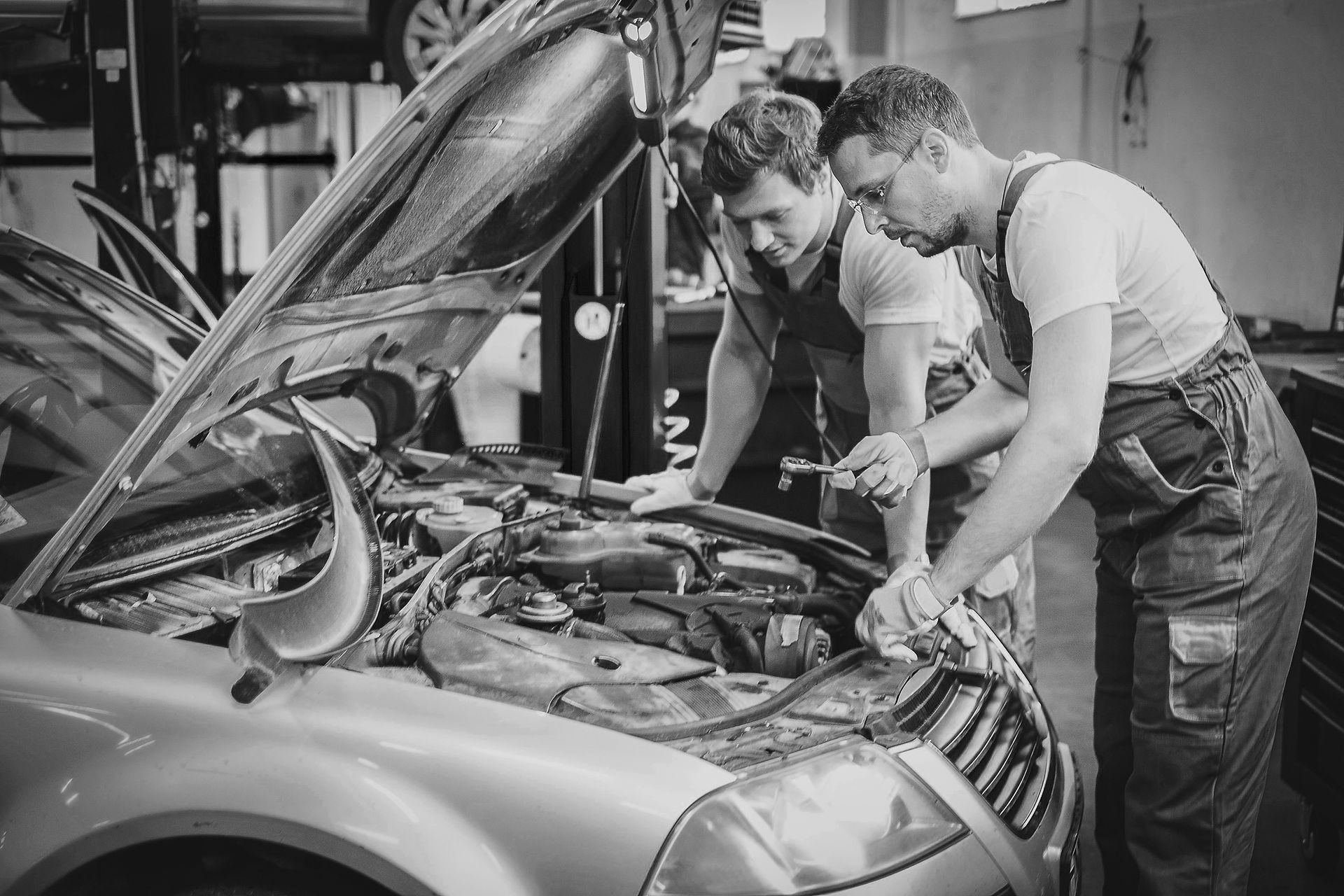Why Is Paint Color Matching Difficult To Do?
- Marlo Gracilla

- Jan 5, 2021
- 2 min read

Getting the paint colors to match 100% is very difficult if not impossible as there are just too many variables. Even if they are based on formulas, the new paint will never perfectly match the old one. This blog discusses some of the factors why these problems exist.
OEM Paint Suppliers
The first factor comes from the car manufacturing plant. Car manufacturers have different paint suppliers. Thus, they first decide on a “standard” color for a particular model. Take for example Habanero Red for a 2007 Honda Civic:
· The car manufacturer sends out painted sample of Habanero Red to their suppliers.
· The paint suppliers produce a formula for a specific red which allowed a tolerance of
plus or minus 5% when they deliver the paint.
· The color variance of 5% may look entirely different when compared side by side. This
is the reason why paint suppliers have alternates in their formulas.
Metallic Paint
The second factor contributing to color variance is the metallic color application. Most car models have metallic flakes in their body paint. The metallic colors are classified in 6 categories:
1. extra fine
2. fine
3. medium
4. medium coarse
5. coarse
6. extra coarse
The metallic colors control the lightness or darkness of the color and will cause variances in color when applied. Temperature, paint film thickness, flash off time between coats, fluid tip sizes, speed of the spray gun, surface type (plastic or metal) and humidity will also cause the color to shift lighter or darker.
Exposure to Sun
Another factor to consider is the effect of the environment on the color of the car. Over time, exposure to ultraviolet light changes the color of the car. Therefore, matching the oxidized color is another challenge to deal with.
Type of Surface
The type of material of body panels is another variable. Have you observed brand new cars having noticeably different shade of color on the bumper compared to the rest of the panels? The reason for that is most paints (metallic paints) dries differently depending on the material of the surface. Plastics (bumpers) have static charge that attracts metallic flakes which pushes the pigment to the surface, therefore affecting the lightness or darkness of the color.
Paint Finish Texture
Lastly, getting the right texture is another factor to take into consideration. Original paint finish have varying levels of texture known in the industry as “orange peel”, or in our language, “balat-suha”. The difference in texture may sometimes affect the overall aesthetic appeal of the refinished paint and can sometimes create an illusion that the color is off shade. Matching the original finish is also critical. This can be accomplished by using the proper spray gun, polishing equipment, and most of all, experience.
Given these factors, a body paint shop has a lot of variables to consider when painting a quality color match. On the succeeding articles, I will be explaining the techniques on what paint shops do to minimize these problems. Stay tuned!





Comments